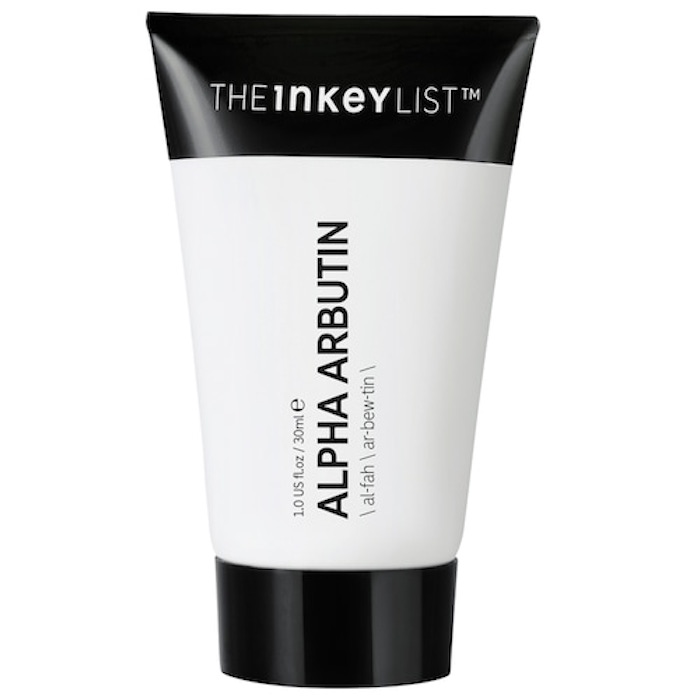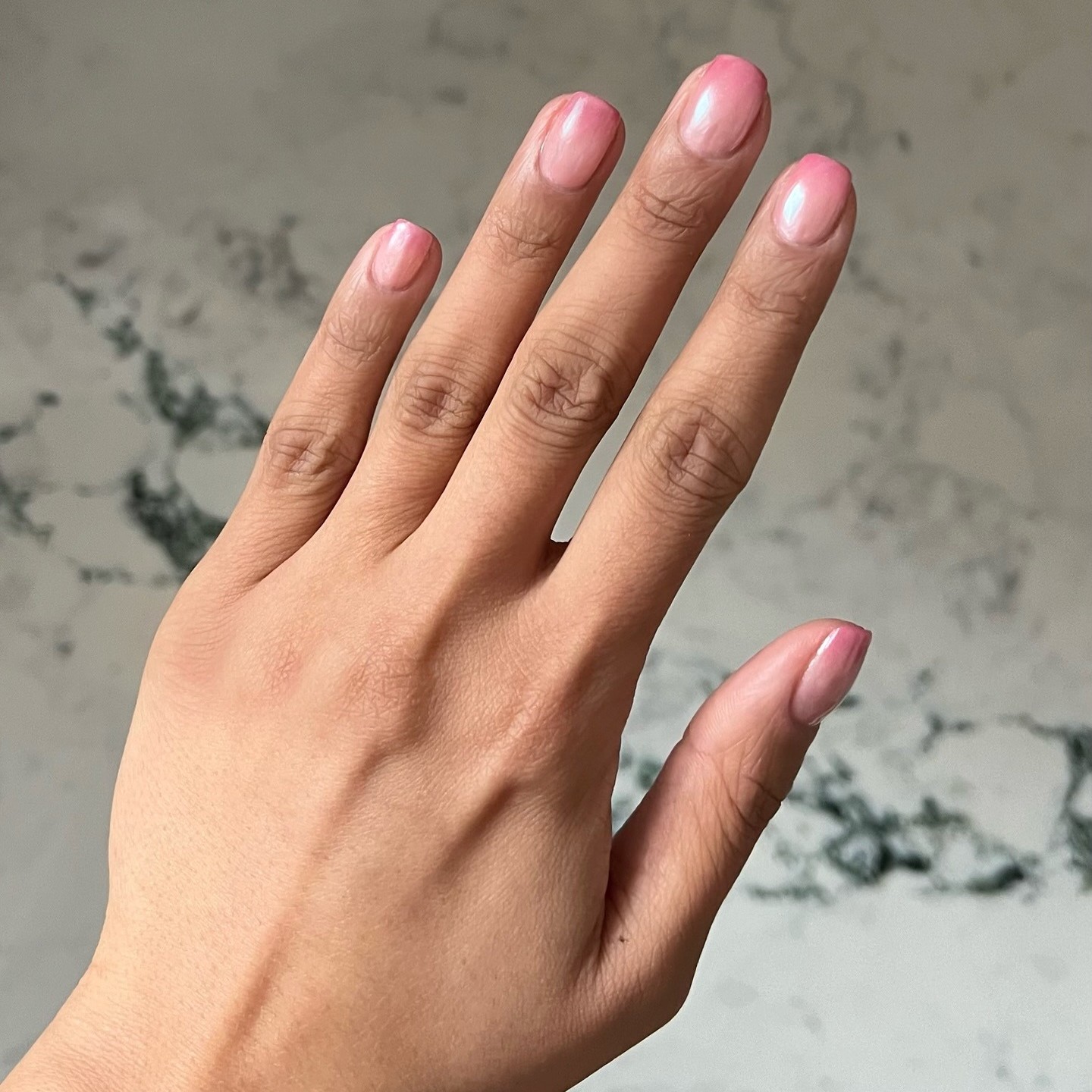Derms Say This Underrated Ingredient Is Like Hitting Undo on Hyperpigmentation


Whether you call it hyperpigmentation, dark spots, or discoloration, those pesky dark patches are one of the most stubborn skin concerns to treat. Sure, professional treatments are effective, but not everyone has the time, money, or access. That's where at-home skincare products come in, and while they won't give you the same rapid results as in-office treatments, they can make a major difference over time. Trust us, we've seen it with our own eyes.
The most common ingredients for brightening hyperpigmentation at home include exfoliating acids (specifically AHAs, such as glycolic, lactic, and mandelic acids), vitamin C, and retinol. But there's another ingredient that can work wonders on hyperpigmentation. It's called alpha arbutin, and it's known for delivering brighter, more even-toned skin, no matter what your hyperpigmentation is caused by—hormones, post-blemish marks, or sun damage. Keep scrolling to learn everything there is to know about this underrated ingredient and how it can transform your skin. Plus, shop our favorite alpha arbutin products.
What Is Alpha Arbutin, and How Can It Benefit the Skin?

Brendan Camp, MD, is a board-certified dermatologist at MDCS Dermatology. He says alpha arbutin is a plant-derived skincare ingredient that acts as a skin brightener, meaning it goes to work to even the skin tone and lighten dark spots. "It limits the activity of tyrosinase, which is an enzyme involved in melanogenesis, or the production of melanin pigment," he says.
That explains why so many of the most effective brightening products on the market include this ingredient, even though it gets a fraction of the attention that other brightening ingredients like vitamin C and retinol do (but more on that in a minute).
How Often Should It Be Used?

Since it's a "generally well-tolerated ingredient," Camp says alpha arbutin can be used daily to combat hyperpigmentation. "It is generally not thought to be a common cause of skin irritation," he says. What's more, it plays well with other brightening ingredients. "Alpha arbutin can be used in combination with other skin-brightening agents such as vitamin C, alpha hydroxy acids, and retinol," he says.
Combining these ingredients can speed up results, which is why many skincare products combine them into a single formula. Consider it an effective, skin-brightening cocktail.
Are There Any Drawbacks?

Alpha arbutin is safe for all skin types since it doesn't create the risk for any other adverse effects like irritation. In fact, Camp says the only downside is its stability. He recommends storing products that contain alpha arbutin in temperature-controlled environments, "as heat may contribute to its degradation and loss of efficacy."
Of course, no brightening skincare routine is complete without sunscreen. Make sure you're wearing sunscreen every single day, rain or shine, to fade hyperpigmentation and prevent new dark spots from forming. Without it, you'll be fighting a losing battle.
Shop Our Favorite Alpha Arbutin Products
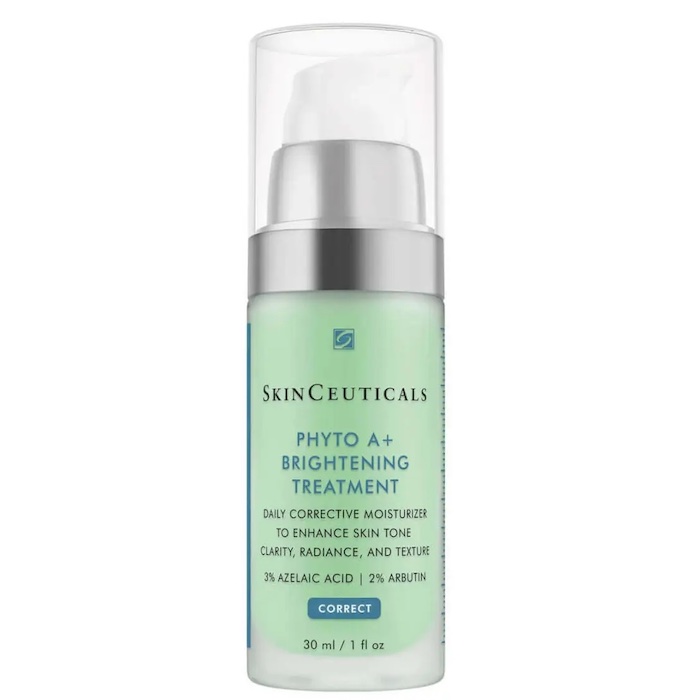
Camp recommends this product from legendary skincare brand SkinCeuticals. "Alpha arbutin, azelaic acid, and a botanical blend are included in this lightweight gel cream that helps improve blemish marks and skin texture," he says.
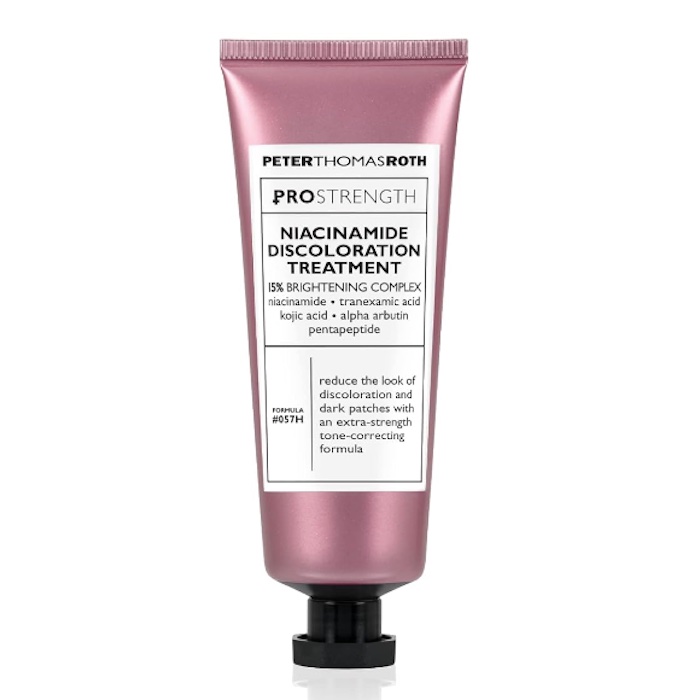
"In addition to alpha arbutin, this discoloration treatment includes niacinamide, tranexamic acid, and kojic acid to help address hyperpigmentation from blemishes and sun damage," Camp says.
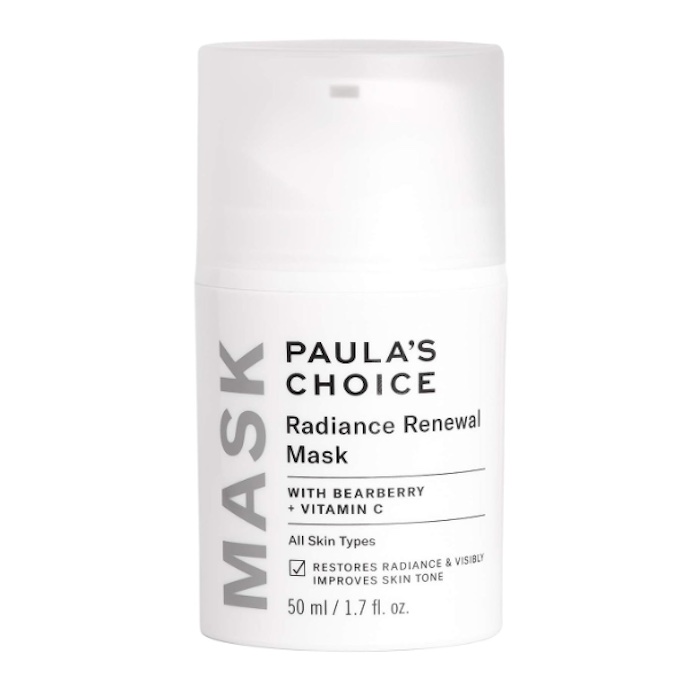
Another skincare product Camp recommends, this one is "formulated in a silky gel formula, this brightening mask includes niacinamide, hydrating hyaluronic acid, and alpha arbutin for a luminous complexion."
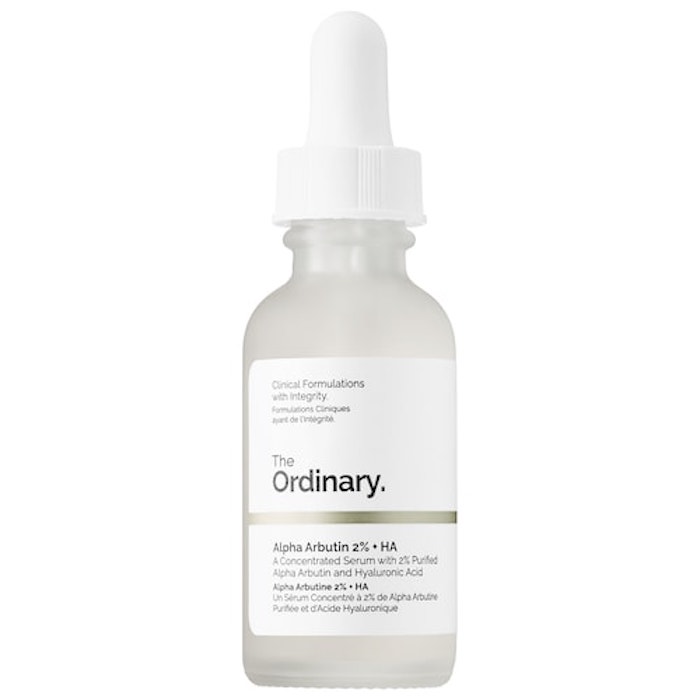
This serum is the easiest way to incorporate the ingredient into your skincare routine without breaking the bank.
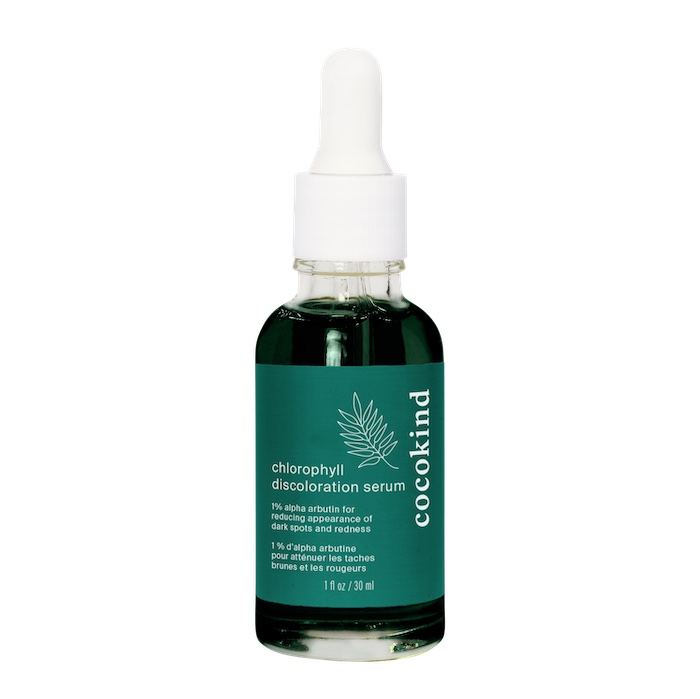
Almost like a green juice for your skin, this serum contains 1% alpha arbutin along with chlorophyll, licorice root, and panthenol to reduce the look of discoloration, post-blemish marks, and UV damage.
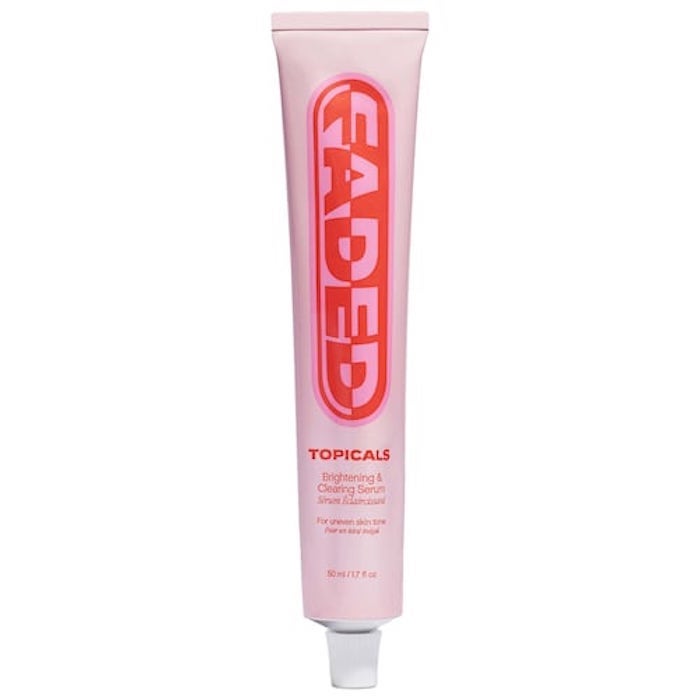
This social media–famous serum is a combination of tranexamic acid, niacinamide, azelaic acid, and alpha arbutin. Translation? It fades dark spots and discoloration fast.
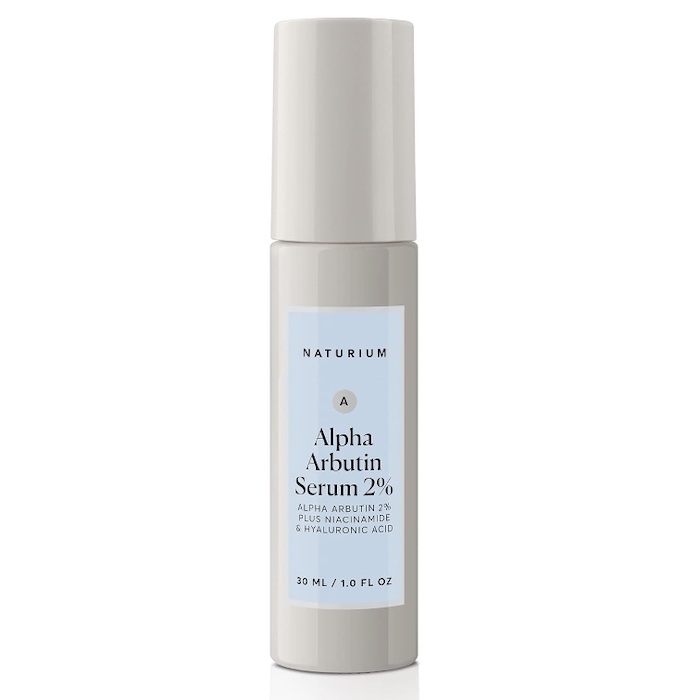
In this formula, alpha arbutin is combined with niacinamide, another skin-brightening ingredient.
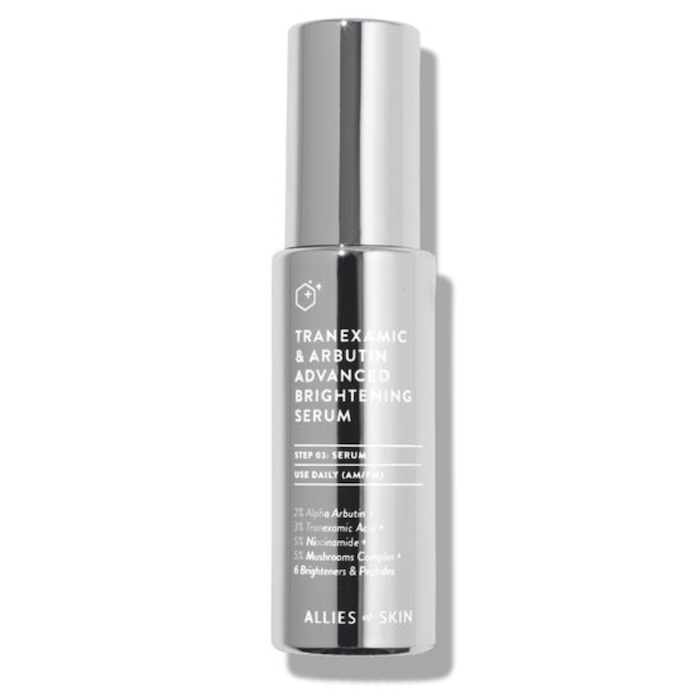
Sure, this serum is expensive, but with a combination of mushroom complex, niacinamide, tranexamic acid, and alpha arbutin, it's basically brighter skin in a bottle.
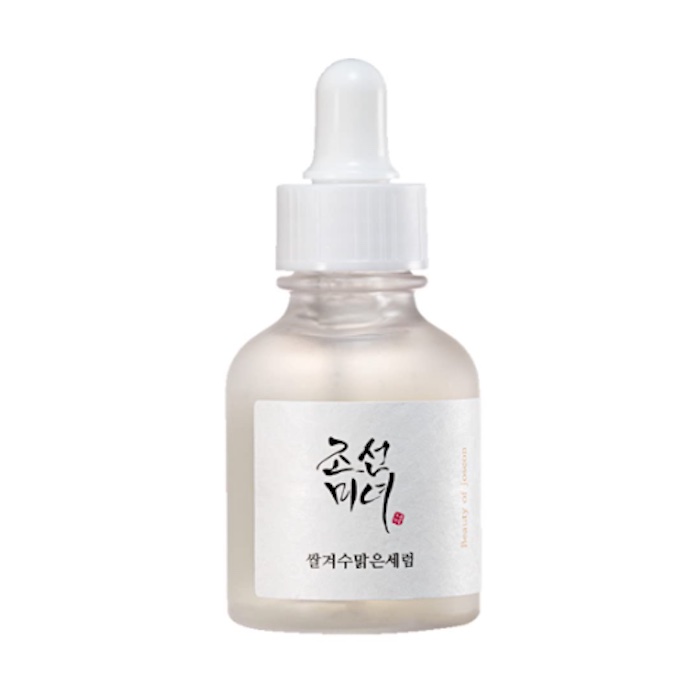
This Korean serum combines alpha arbutin with rice bran water for bright, even, and plump skin.
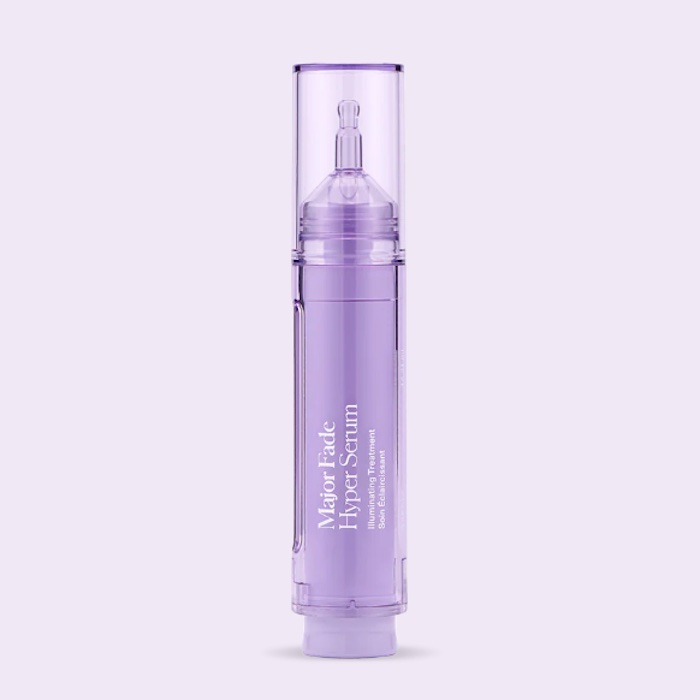
Created by Shereene Idriss, MD, a board-certified dermatologist, this professional-grade brightening serum contains alpha arbutin, kojic acid, and niacinamide to do away with dark spots.

For a one-time kick of alpha arbutin's brightening powers, reach for this sheet mask. It also contains vitamin C and sodium hyaluronate (a molecule that functions similarly to hyaluronic acid).

Kaitlyn McLintock is a Beauty Editor at Who What Wear. She has 10 years of experience in the editorial industry, having previously written for other industry-leading publications, like Byrdie, InStyle, The Zoe Report, Bustle, and others. She covers all things beauty and wellness-related, but she has a special passion for creating skincare content (whether that's writing about an innovative in-office treatment, researching the benefits of a certain ingredient, or testing the latest and greatest at-home skin device). Having lived in Los Angeles, California, and Austin, Texas, she has since relocated back to her home state, Michigan. When she's not writing, researching, or testing beauty products, she's working through an ever-growing book collection or swimming in the Great Lakes.
-
 My Friend Asked What to Buy From Amazon—I Sent 30 Chic Fashion, Beauty, and Décor Picks Ahead of Prime Big Deal Days
My Friend Asked What to Buy From Amazon—I Sent 30 Chic Fashion, Beauty, and Décor Picks Ahead of Prime Big Deal DaysThese are too good (and affordable) to pass up.
By Jennifer Camp Forbes
-
 If You Have a Damaged Skin Barrier, This Scandinavian Skincare Secret Can Help
If You Have a Damaged Skin Barrier, This Scandinavian Skincare Secret Can HelpIt protects the skin from oxidative stress.
By Kaitlyn McLintock
-
 Mandelic Acid Is the Key to Clearing Acne-Prone Skin (Without Extra Irritation)
Mandelic Acid Is the Key to Clearing Acne-Prone Skin (Without Extra Irritation)Here's your guide to the ingredient.
By Kaitlyn McLintock
-
 Why Coenzyme Q10 Might Be the Sneaky Ingredient Your Skin Needs This Winter
Why Coenzyme Q10 Might Be the Sneaky Ingredient Your Skin Needs This WinterIt's so protective.
By Katie Berohn
-
 I'm a Beauty Editor—9 Products I Always Restock (and 3 I Retire) for Winter
I'm a Beauty Editor—9 Products I Always Restock (and 3 I Retire) for WinterIt's about time I switch things up.
By Valeriya Chupinina
-
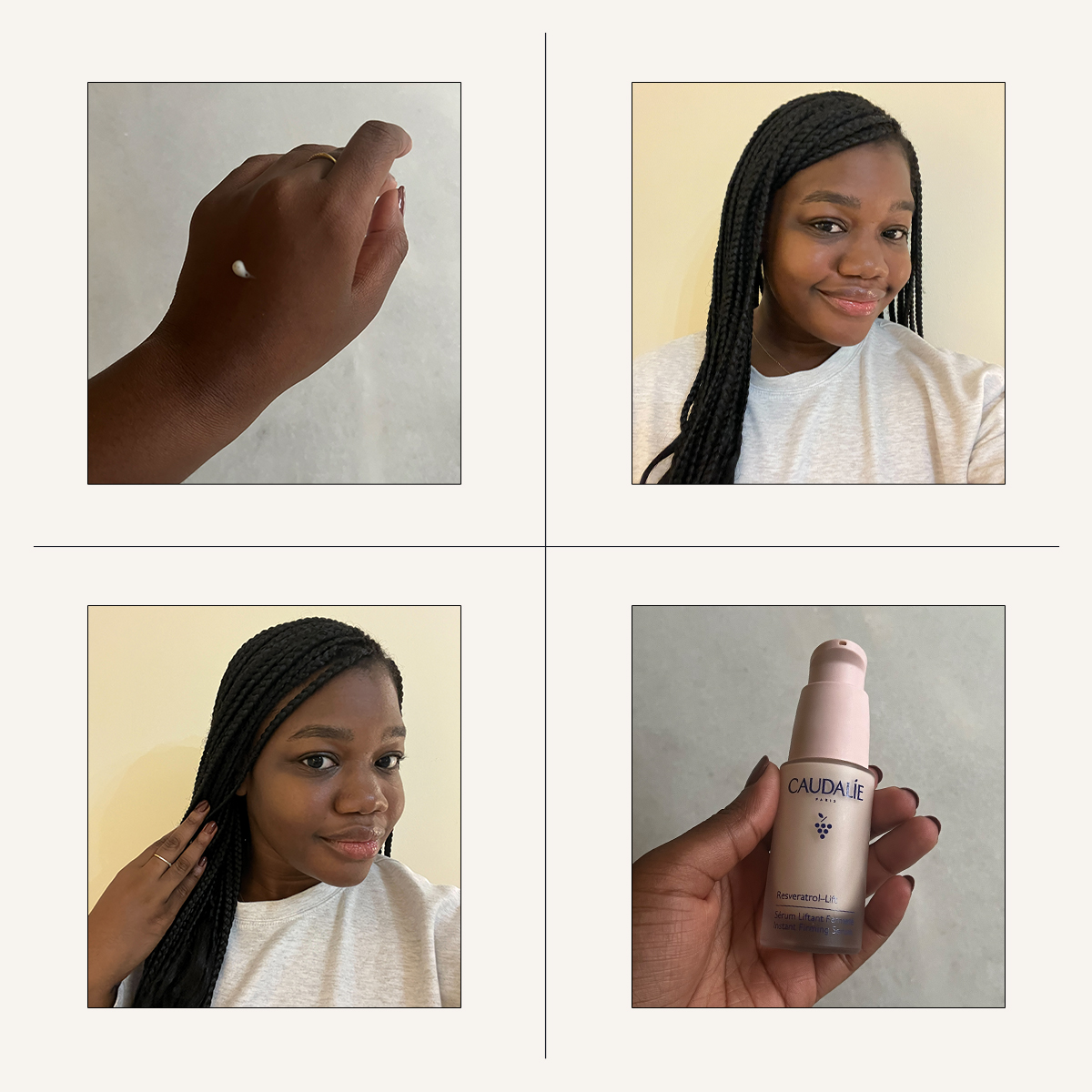 This TikTok-Viral Serum Gave My Ultra-Round Face Cheekbones for Days
This TikTok-Viral Serum Gave My Ultra-Round Face Cheekbones for DaysIt works wonders.
By Maya Thomas
-
 This Low-Key Ingredient Might Be Better Than Vitamin C—Here's What Derms Say
This Low-Key Ingredient Might Be Better Than Vitamin C—Here's What Derms SayAdding to my routine ASAP.
By Shawna Hudson
-
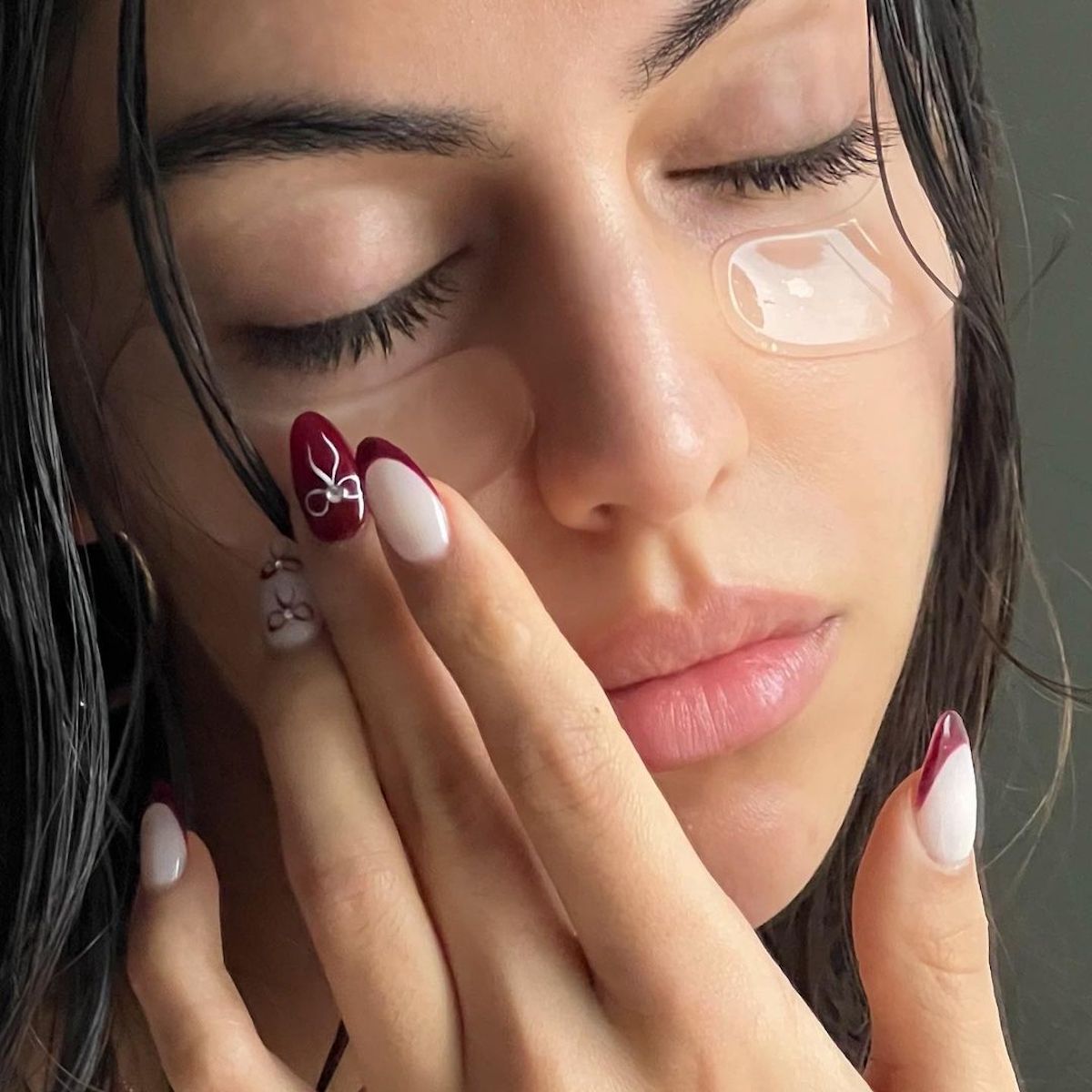 Biomimetic Skincare Is the Next-Gen Trend That's Taking Over the Beauty Industry
Biomimetic Skincare Is the Next-Gen Trend That's Taking Over the Beauty IndustryHere's what you should know.
By Kaitlyn McLintock
